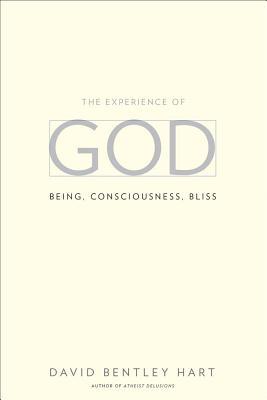Chariots of God by Alan Cairns, Greenville, SC., Ambassador-Emerald International, 2000, 316 pages, paperback, $
This book, subtitled, “God’s Law in relation to the Cross and the Christian,” contains messages edited for publication by a very capable Presbyterian minister from Greenville, S. Carolina. The book is full of thoughtful content, and would make a useful guide on how to write good sermons.
But dispensationalists would find problems with it. First, Cairns slices the Law into the usual three divisions of moral, ceremonial, and civil (p.28). This procedure would be fine except for the fact that Cairns wishes to keep the moral aspect, but cast off the other two. But the Law is a unit (Jam. 2:10; Gal. 3:10). The work suffers from Cairns’ fast-shuffling in his usage of the term “law.” He makes the moral aspects of the Mosaic code to be equivalent to the sense of moral responsibility within fallen Gentiles (Rom. 2:14-15), which does not allow for the noetic effects of sin. This equivocation is crucial for his position that the moral law is still operative for Christians, even when one is directly told it is not (Rom. 6:14-15; 2 Cor. 3:7-11; Gal. 3:24-25). Cairns believes that the law has been abrogated as a covenant, but not as a commandment (p.76). As proof of this he states that Romans 6:15 teaches that the law is still in operation, rather than it saying that a Christian ought not sin because he is no longer under the commandment of the law (cf. 1 Cor.15:56b)! He makes Jesus’ reference to the law in Matthew 5:17-18 to mean the moral precepts alone, thus excluding the OT prophetic testimony (p. 29). Likewise, James 1:25 is interpreted as only the moral law which Christians are still to observe as a rule of life (pp.70-71). Throughout the book the impression is given that the moral code of Moses’ Law is the sole means of men knowing God’s standards of righteousness.
On page 34 Cairns insists, “Only if [God] changed could His law change. The great issues of the Ten Commandments are not matters that change….” But when dealing with the sabbath he finds no problem with stating, “the Lord changed the sabbath for Christians from the seventh to the first day of the week.” (p.199). Presumably, Cairns does not hold with stoning anyone who works on a Sunday? (Num. 15:32-36). Contrary to the OT, he converts the weekly sabbath into a day of worship (p.202).
While dispensationalists can benefit from some of the ethical teachings in the book, it unfortunately contains a large amount of eisegesis and pretextual exposition.

